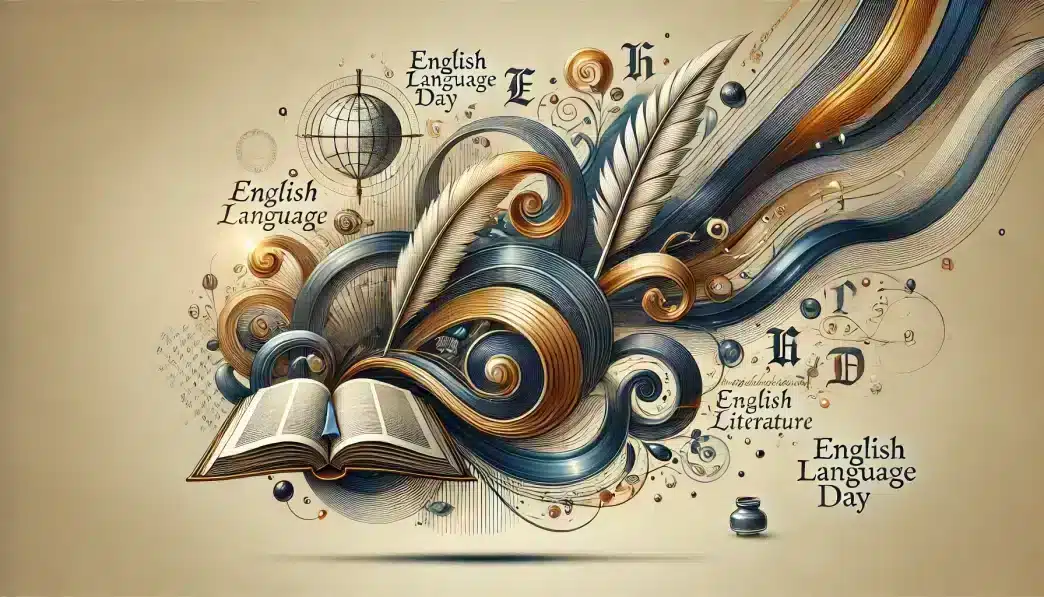What is English Language Day?
English Language Day is celebrated annually on April 23. Established by the United Nations, this day recognizes the importance of the English language in global communication, diplomacy, and cultural exchange. The date was chosen to honor William Shakespeare, one of the most influential figures in the history of the English language, as it marks both his birth and death anniversary.
The event promotes multilingualism and linguistic diversity while celebrating the role of English as one of the six official languages of the United Nations. It highlights the history, evolution, and impact of English worldwide, encouraging people to explore its rich literary heritage and modern significance.
History and Origin
English Language Day was introduced by the United Nations in 2010 as part of its initiative to celebrate each of its six official languages. April 23 was selected because of its connection to William Shakespeare, whose works have shaped English vocabulary, storytelling, and idiomatic expressions.
English has evolved over centuries, influenced by Latin, Norse, French, and many other languages. From its origins in Old English to its status as a global lingua franca, it has become the most widely spoken second language in the world, used in business, science, entertainment, and international diplomacy.
Who Celebrates English Language Day?
- Linguists and Educators: Promote English language learning and linguistic research.
- Students and Schools: Organize language-related activities, debates, and writing contests.
- Writers and Poets: Highlight the richness of English literature and poetry.
- Media and Journalists: Recognize the role of English in global news and communication.
- United Nations and Cultural Organizations: Support language diversity and multilingual education.
Slogans and Themes
English Language Day focuses on celebrating linguistic diversity, literature, and communication. Themes often highlight the history and influence of English, its role in international cooperation, and its evolving nature. Popular slogans include “Language Connects the World,” “English: A Bridge Across Cultures,” and “Celebrating Words That Inspire.”
Colors, Symbols, and Patterns
Colors
- Deep blue: Represents knowledge, wisdom, and communication.
- White: Symbolizes clarity, openness, and neutrality in global dialogue.
- Gold: Reflects the richness of English literature and storytelling.
Symbols
- Open book: Represents literacy and the vast collection of English literature.
- Quill and ink: Honors classical English writing and poetry.
- Globe with speech bubbles: Symbolizes English as an international language.
Patterns
- Typography-based art: Showcases the beauty of English words and phrases.
- Book pages: Illustrate the history and storytelling power of the language.
- Speech waves: Represent spoken communication and linguistic expression.
How to Celebrate English Language Day
- Read a classic work: Explore Shakespeare, Austen, Orwell, or other influential English writers.
- Participate in a language challenge: Learn new English words, idioms, or pronunciation tips.
- Attend a poetry or storytelling event: Engage with spoken word performances or literary readings.
- Write and share your own story: Express yourself in English through creative writing.
- Explore the evolution of English: Learn about historical influences on the language.
Most Used Hashtags
- #EnglishLanguageDay
- #LoveEnglish
- #LearnEnglish
- #SpeakEnglish
- #ShakespeareDay
Why is English Language Day Important?
English Language Day highlights the significance of English as a global means of communication and cultural exchange. It encourages appreciation of its literary heritage, linguistic diversity, and evolving role in modern society. By promoting language learning and multilingualism, the day fosters international understanding and strengthens cross-cultural connections.
Features
Contact Info
April 23: English Language Day
Why do you keep falling for the same type?
Read the article Lovemaps: the hidden blueprint of our love.
Did you not find what you were looking for? Let me help you find more.

